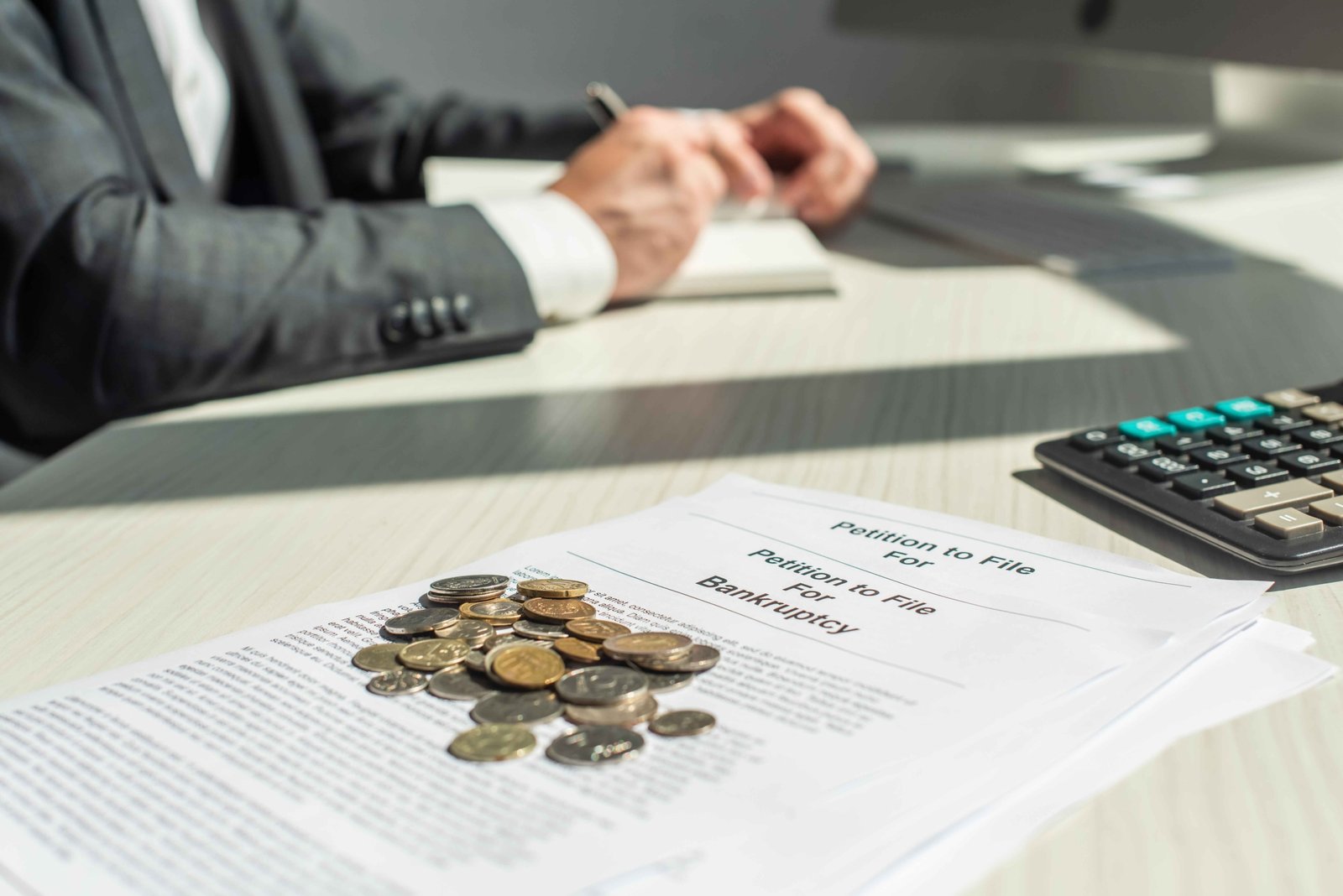If you’re new to tax deed investing, you might be wondering what a tax deed even is. Simply put, when a property owner fails to pay their property taxes for a certain period of time, the local government can sell that property at a public auction. The buyer at the auction gets the deed to the property—hence the name “tax deed.” It’s a legal method counties use to recover lost tax revenue while giving investors a chance to pick up real estate at below-market prices.
The Basics of How Tax Deed Sales Work
Tax deed sales are held by local governments, often at the county level. After a property becomes tax delinquent—typically for one to three years—the county schedules it for public auction. During the sale, the starting bid usually includes the amount of unpaid taxes, interest, and administrative costs. If you’re the highest bidder, you receive ownership of the property, often free and clear of mortgages or liens, though this can vary by state.
Can You Actually Make Money with Tax Deeds?
Yes, you can profit from tax deeds—but it’s not a get-rich-quick scheme. Successful investors do their research, understand local laws, inspect properties (even if only from the street), and have a clear plan for what to do after acquiring the deed. Profits can come from flipping the property, renting it out, or holding it long-term for appreciation. Some properties are acquired for just a few thousand dollars and resold for several times the purchase price.
Why Do Tax Deed Properties Sell So Cheaply?
Tax deed properties often sell at significant discounts because the county is primarily interested in recovering back taxes—not in getting market value for the property. Additionally, many investors are hesitant to bid due to unknown conditions, title issues, or potential property damage. This fear and uncertainty can result in fewer bidders and lower sale prices. For educated investors, this creates an opportunity to find hidden gems.
Common Risks and How to Avoid Them
Like any investment, tax deeds come with risks. One major concern is the property condition—many tax deed properties are abandoned, vandalized, or in disrepair. Another issue is the legal status of the title. While some states wipe out mortgages during tax sales, others may not. There’s also the possibility of redemption periods in certain states, where the former owner can still reclaim the property after the sale. Avoiding these risks involves thorough due diligence, understanding the law in your target area, and even consulting a real estate attorney.
Doing Your Homework Before the Auction
Pre-auction research is critical. This includes checking property records, visiting the property location (from the outside), estimating repair costs, researching comparable sales in the area, and understanding the local market. Many counties publish auction lists weeks or months in advance, giving investors time to prepare. Smart investors also review the auction rules carefully—these can vary significantly by county.
How to Finance Tax Deed Purchases
Most tax deed auctions require payment in full, often within 24 to 72 hours of the auction closing. Because of this, investors need to have cash available or access to fast funding. Some use savings, while others use private lenders or partners. Unlike traditional real estate deals, you usually can’t finance a tax deed purchase with a mortgage. The key is having your finances in place before bidding.
What Happens After You Win the Bid?
Winning the auction is just the beginning. After payment, you’ll receive a tax deed, but it may take some time before you can take full possession, especially in states with redemption periods. Once you have full control, you can decide whether to flip, rent, or hold the property. You’ll also want to clear the title if you plan to sell or refinance—this might involve a quiet title action or working with a title company that specializes in tax deed properties.

Tips for First-Time Tax Deed Investors
If you’re just starting out, begin by learning about your local market. Attend auctions without bidding to get a feel for the process. Start small—consider buying a vacant lot or a low-cost property before going after higher-value homes. Build relationships with other investors, attend local tax deed seminars, and never skip your research. Being cautious and methodical is better than rushing into a bad deal.
How Long Does It Take to See a Return?
Tax deed investing is not usually instant money. Depending on your strategy, it might take months to renovate and resell a property, or years if you’re renting or holding it for appreciation. Legal processes like clearing the title can also take time. However, because of the low entry price, returns can be substantial—even after accounting for expenses.
Tax Implications You Should Know About
When you profit from a tax deed property, you’ll owe taxes on those gains. If you flip a property, that profit may be considered short-term capital gains. If you rent it, you’ll have income to report, but you can also write off expenses like repairs and property management. Always consult with a tax professional to ensure you’re handling your filings correctly and taking advantage of any deductions available.
The Difference Between Tax Deeds and Tax Liens
Don’t confuse tax deeds with tax liens. In a tax lien state, you’re buying the right to collect back taxes, not the property itself. You earn interest if the owner pays the taxes, or you might eventually foreclose. In tax deed states, you’re buying the actual property. Understanding which type of investment your state offers is crucial before getting started.
Final Thoughts: Is It Worth the Risk?
For many investors, tax deeds are absolutely worth it—but only if approached wisely. They offer a unique opportunity to purchase real estate at a deep discount, but the process demands patience, research, and a solid strategy. If you’re willing to learn and do the work, tax deed investing can be a powerful addition to your investment portfolio.






Join The Discussion